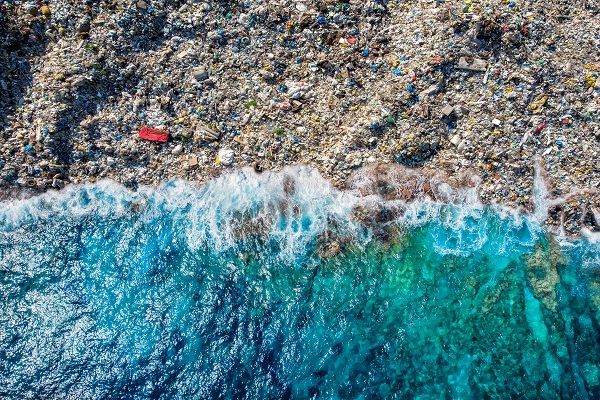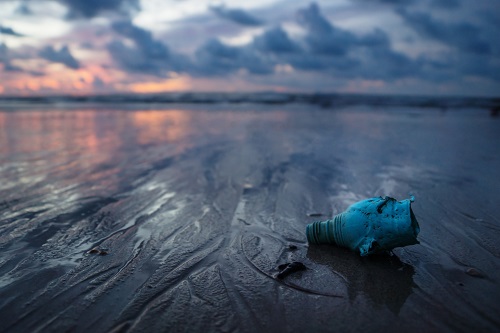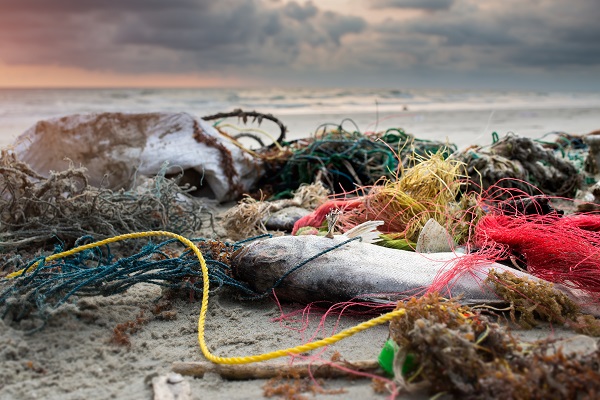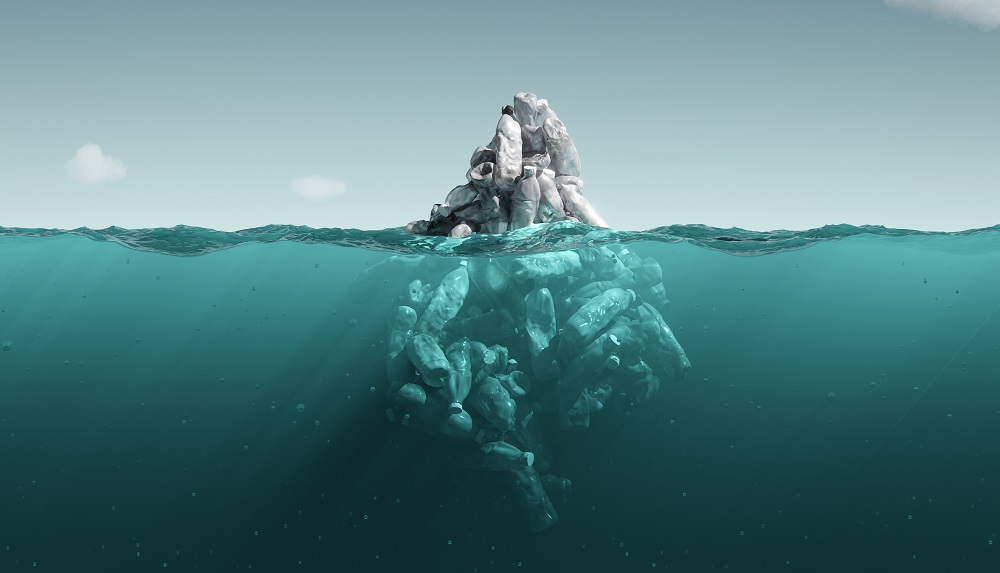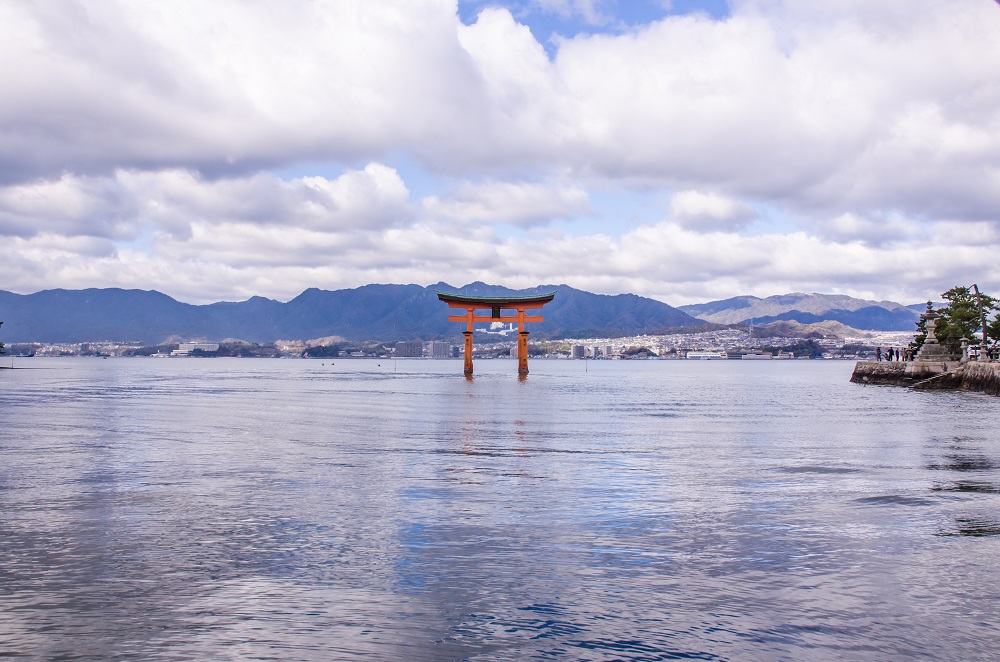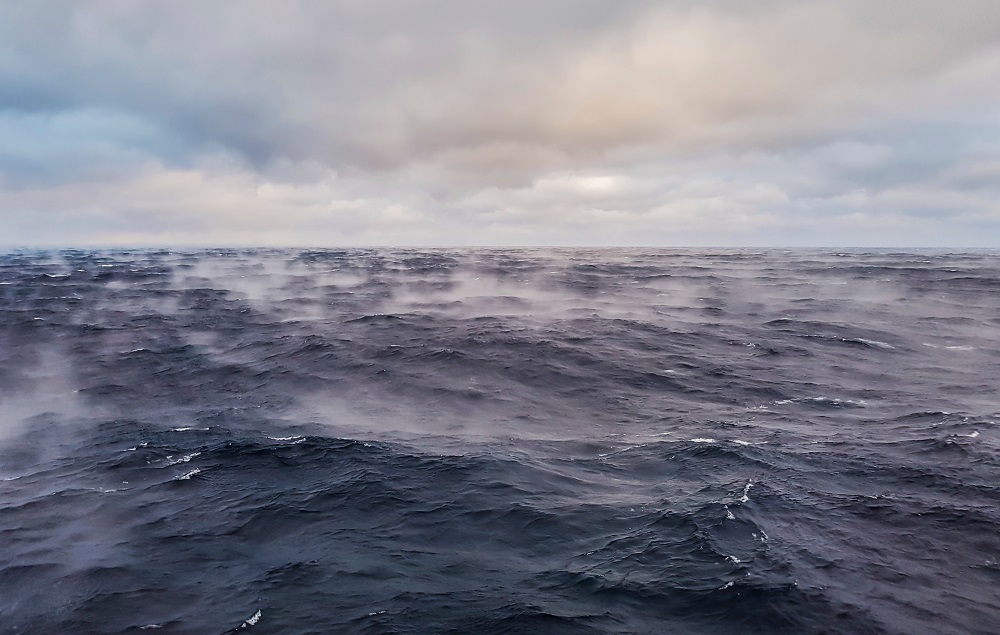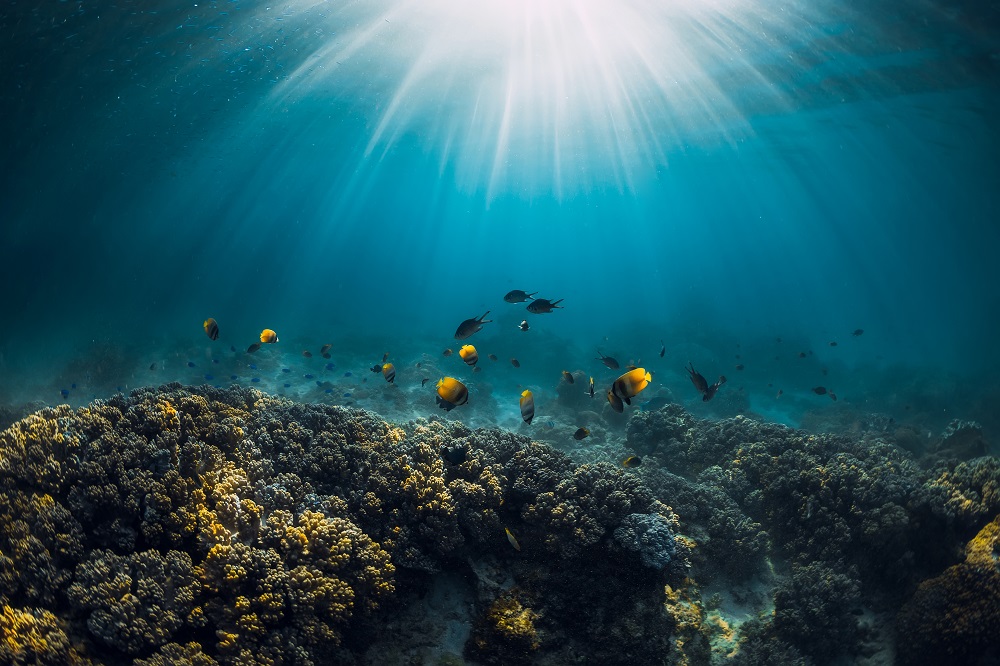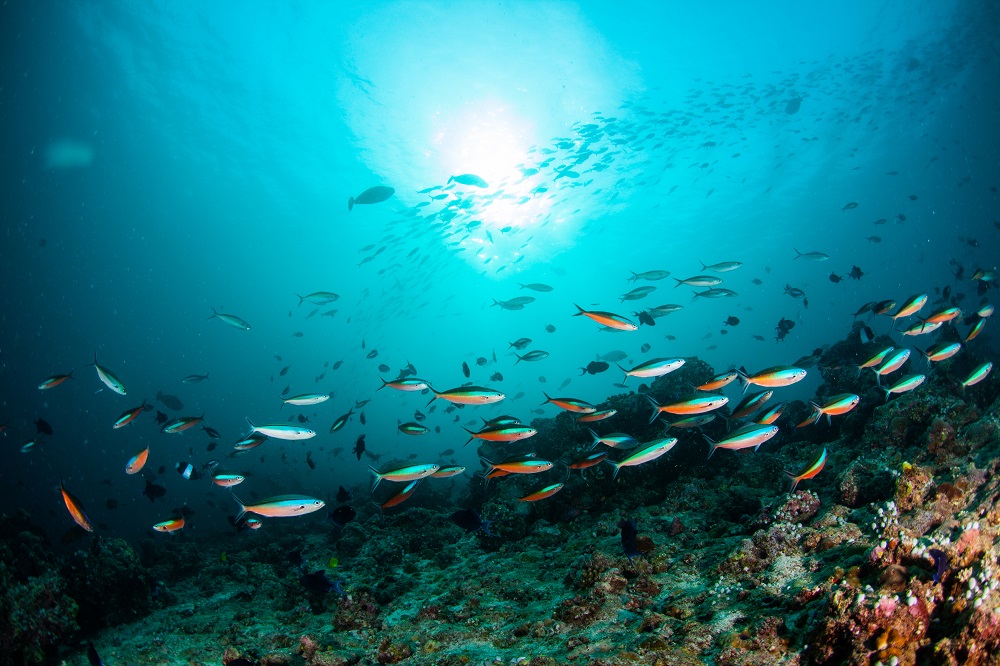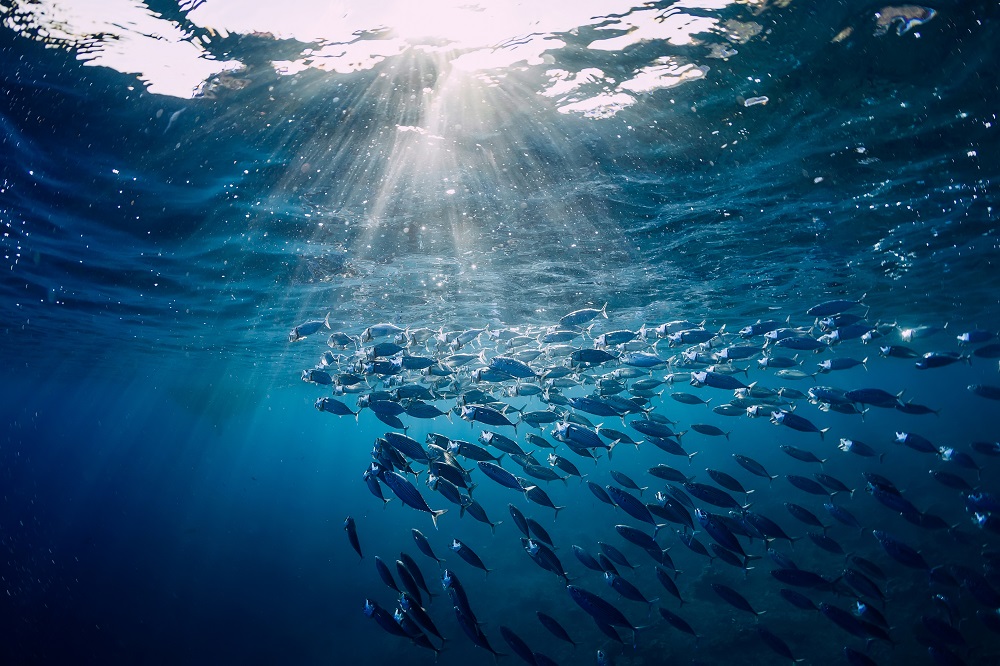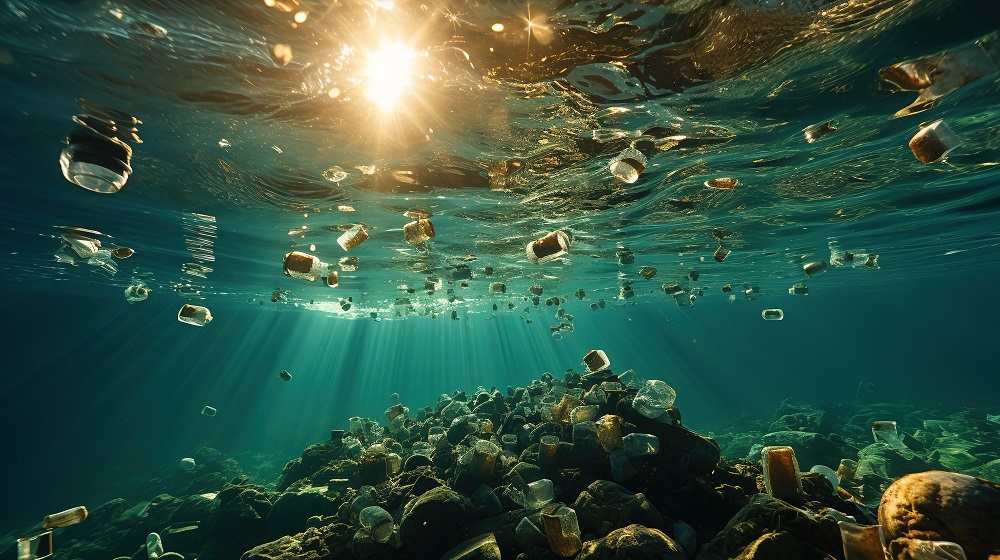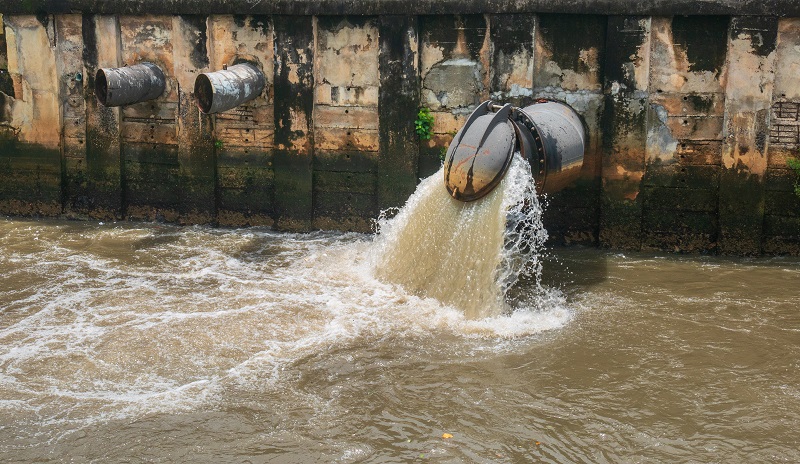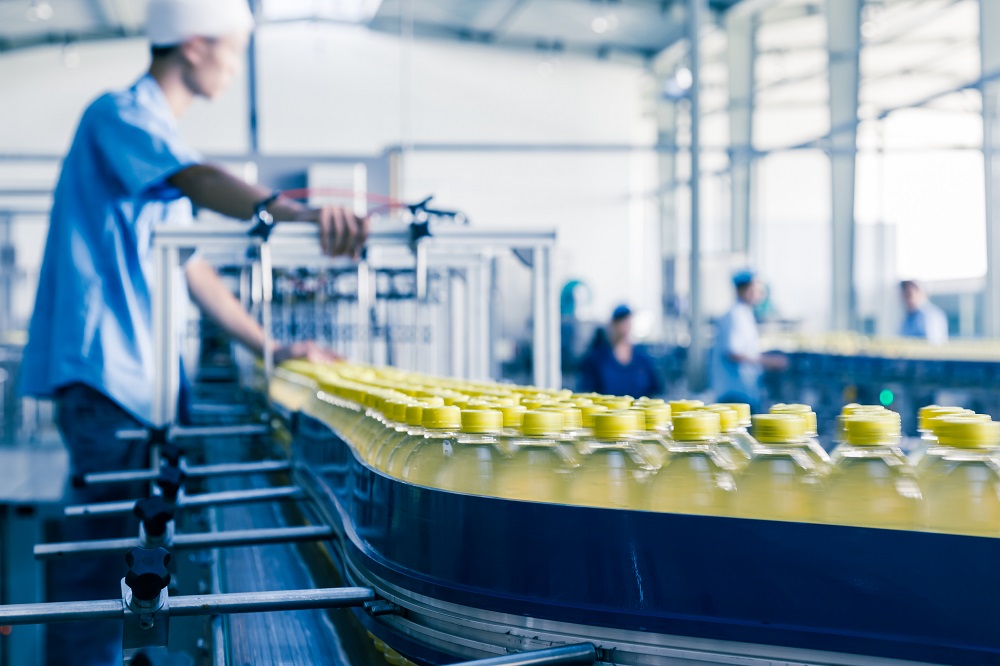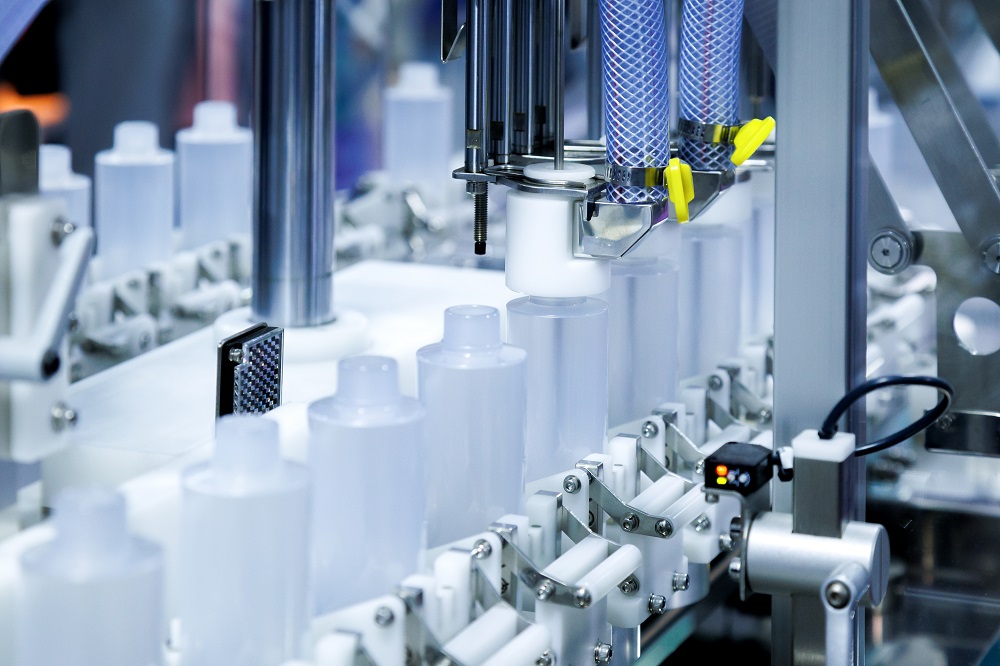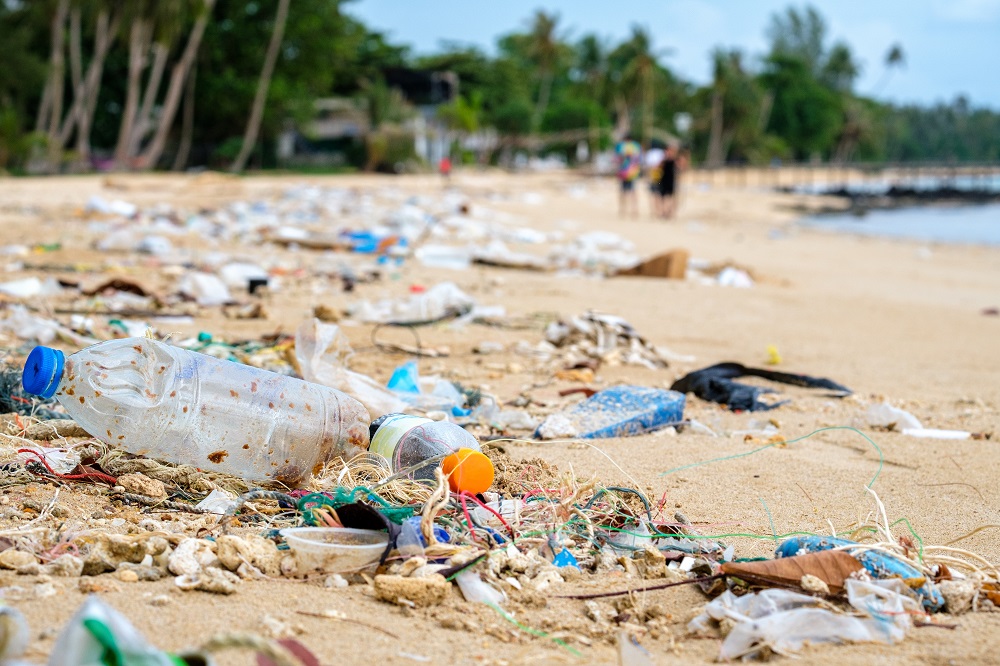With its history of counterculture and expanse of protected wilderness, California has long been the most environmentally progressive state in the US. But after years of political gridlock, even it has struggled to slow the flow of plastics into the ocean. Last year, however, a landmark bill was passed to cut plastic packaging in the state by quarter within a decade.
The reason for this rapid change: an unlikely alliance between environmental groups and businesses that use plastics, which may contain lessons for the future of climate and ocean advocacy across the rest of the world.
“What we did is absolutely replicable beyond California. The way we passed the law may have been unique to our location but the measures are things that are being talked about all over the world,” says Dr Alexis Jackson, ocean policy and plastics lead at the California chapter of the Nature Conservancy and a key participant in the negotiations that led to the breakthrough legislation.
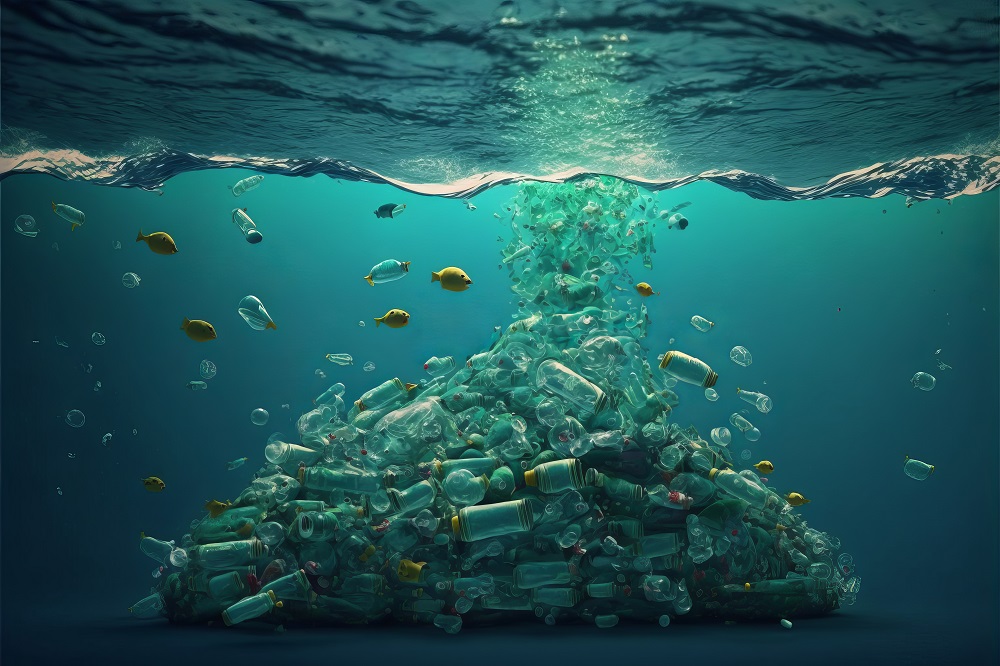
A plastic problem
Each year 11 million tonnes of plastic waste end up in the ocean, the equivalent of dumping a garbage truck of plastic into the sea every minute. That has resulted in country-sized tracts of plastic floating on the surface and packaging found as deep as 11km underwater.
Despite the scale of the problem, action has been slow. The ocean is not the responsibility of any particular country or UN body. And, unlike a visually dramatic oil slick, for example, plastic floating in the middle of the ocean is rarely seen or newsworthy, making it hard to gain political traction. In California, despite polling suggesting that 70% of the population is in favour of action on plastic packaging, two years of attempts by environmental groups to bring a law to the floor of the state legislature ended in failure.
“California is often a leader in advancing environmental policies, but for plastics, until very recently, that wasn’t the case,” says Dr Jackson. “We were doing piecemeal things that didn’t address the pace and the scale of the problem in our state, or at a global level where the size of our economy gives us influence.”
In late 2020 therefore, Dr Jackson and her colleagues decided to change tack and try to short circuit the legislative. They proposed a so-called ballot initiative, which under Californian law would be put to a referendum if it attracted sufficient support, to reduce plastic use by 25% and add a levy on each piece of plastic sold, which would fund alleviation.
As the measure gained traction, something unexpected happened. Fearing the passage of a law they had no influence over, businesses such as food producers, which had shown little interest in legislation, suddenly came forward to engage with the environmental groups behind the ballot initiative. Over long months of discussions, environmentalists negotiated directly with companies including General Mills and Procter and Gamble, eventually agreeing a set of measures that were signed into law without the need for a referendum.
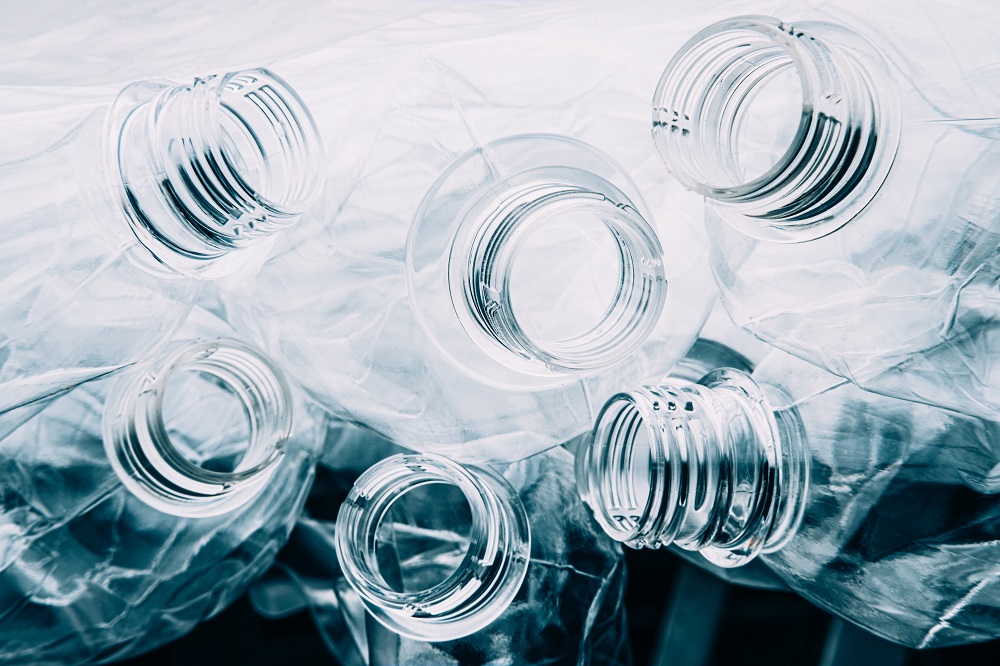
Self-regulation, with teeth
The negotiated settlement required environmental groups, such as the Nature Conservancy, that had championed the plastics law to make some concessions.
Industry, rather than an external regulator, will monitor progress towards plastics reduction, although the government can step in if they fail to make progress towards targets. The proposed levy on plastic sales did not make the final text, although businesses will finance a US$5bn clean-up fund. Finally, a measure requiring that 65% of single-use plastic packaging is recycled by 2032 relies to some extent on unproven technologies.
In a sense, ocean conservationists are having to rely on businesses that have profited from plastic use for decades to change and make good on their promises. But over the course of the protracted negotiation, Dr Jackson became convinced industry would do exactly that.
“At the beginning I was guarded about whether I could trust them [businesses] but I came out of that process with a very deep respect for every single person that was at the table,” she says. “A lot of them just happen to use plastic but their focus is selling soap or food. They want to be part of the solution.”
Even if both sides had to compromise, Dr Jackson adds, the negotiations with industry achieved rapid results after years of stalemate, and without the need for a referendum that might have been lost.

Lobbying for change
The crucial question is how this success can be replicated beyond California. While many US states allow ballot initiatives, most countries do not have a mechanism for citizens to propose laws that could compel businesses to the negotiating table, as in California. Dr Jackson has some suggestions for other strategies.
The first is to bring public pressure to bear on companies to take action, particularly those that sell products to the public and are therefore sensitive to consumer concerns. Dr Jackson draws a difference between petrochemical companies, which manufacture plastics, and the food or cosmetic companies that use them.
“That was the part of the industry that was most open to change because they know their consumers are asking for this,” she says.
A growing body of scientific research has linked chemicals leached from plastic packaging, or ingested by fish then eaten by humans, to cancer, birth defects and impaired immunity. Therefore another option is to pressure governments to force companies to act by focusing on health risks rather than the environmental impact alone.
“If you are a government that cares about people then you have to care about plastics,” says Dr Jackson. “It’s not just an ocean issue, or an environmental issue. We need to make it a people issue.”
Plastic is so ubiquitous in modern society that significantly reducing its use can appear impossible, so a third strategy is to push towns and cities to limit plastic use and compel recycling even if national bodies are dragging their feet. In California, such local initiatives helped quell industry and government scepticism about how much progress is possible.
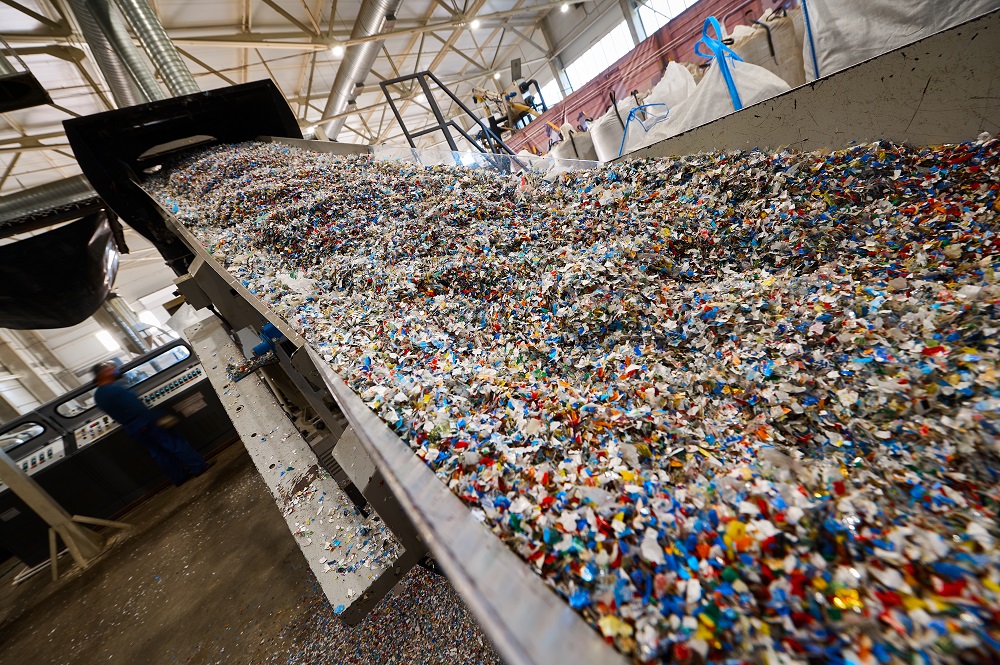
“We could point to significant progress in transitioning away from plastic, because it was already happening across 200 plus cities across the state,” Dr Jackson says.
A truly global response to climate change and ocean degradation will require the kind of comprehensive global agreement on plastic use that has been elusive so far. The lessons from California suggest environmental organisations should be willing to talk directly to those businesses that use plastic the most rather than simply waiting for governments to force them to take action.

THE SUSTAINABILITY PROJECT
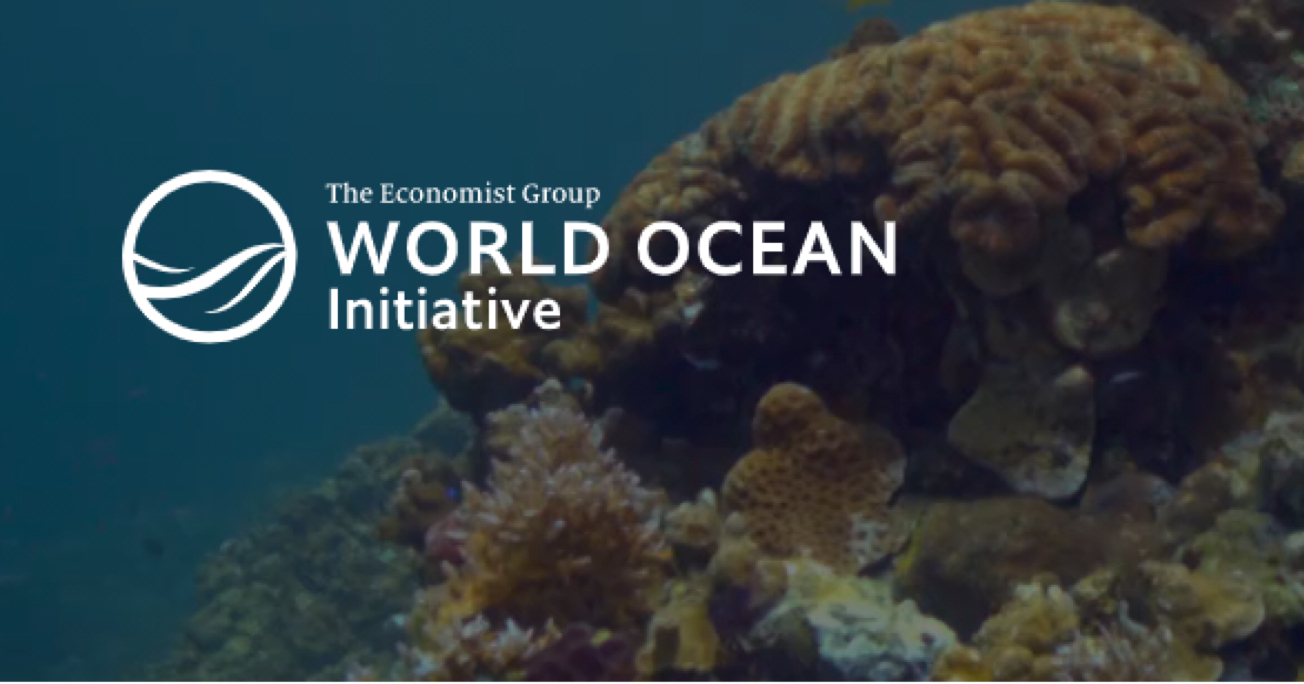
WORLD OCEAN INITIATIVE
WE WOULD LOVE TO HEAR FROM YOU
We welcome your feedback and comments.
If you have an editorial or media related request, a member of the media team will get back to you.
EXPLORE MORE CONTENT ABOUT THE OCEAN
Back to Blue is an initiative of Economist Impact and The Nippon Foundation
Back to Blue explores evidence-based approaches and solutions to the pressing issues faced by the ocean, to restoring ocean health and promoting sustainability. Sign up to our monthly Back to Blue newsletter to keep updated with the latest news, research and events from Back to Blue and Economist Impact.
The Economist Group is a global organisation and operates a strict privacy policy around the world.
Please see our privacy policy here.
THANK YOU
Thank you for your interest in Back to Blue, please feel free to explore our content.
CONTACT THE BACK TO BLUE TEAM
If you would like to co-design the Back to Blue roadmap or have feedback on content, events, editorial or media-related feedback, please fill out the form below. Thank you.
The Economist Group is a global organisation and operates a strict privacy policy around the world.
Please see our privacy policy here.




 World Ocean Summit & Expo
2025
World Ocean Summit & Expo
2025 UNOC
UNOC Sewage and wastewater pollution 101
Sewage and wastewater pollution 101 Slowing
the chemical tide: safeguarding human and ocean health amid
chemical pollution
Slowing
the chemical tide: safeguarding human and ocean health amid
chemical pollution Hazardous chemicals in plastics - the discussions at INC
Hazardous chemicals in plastics - the discussions at INC










